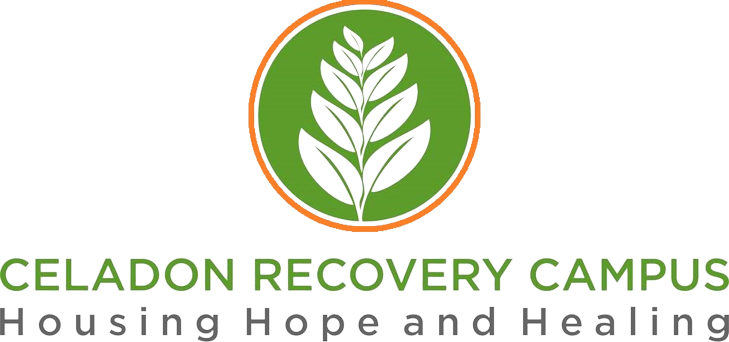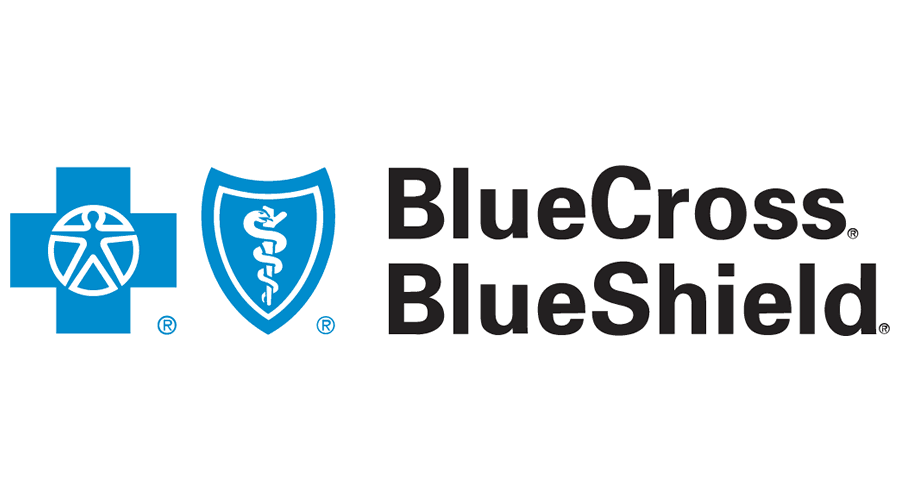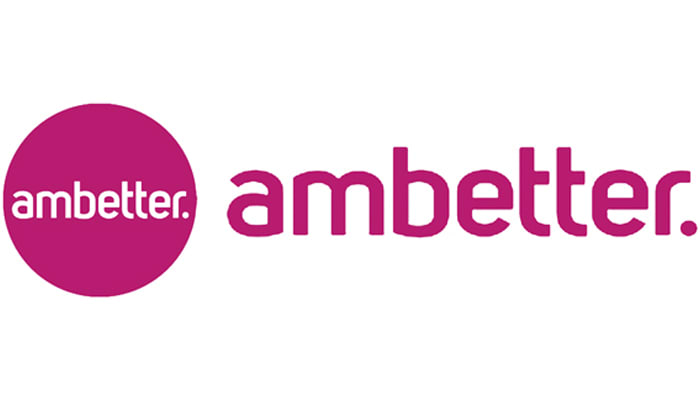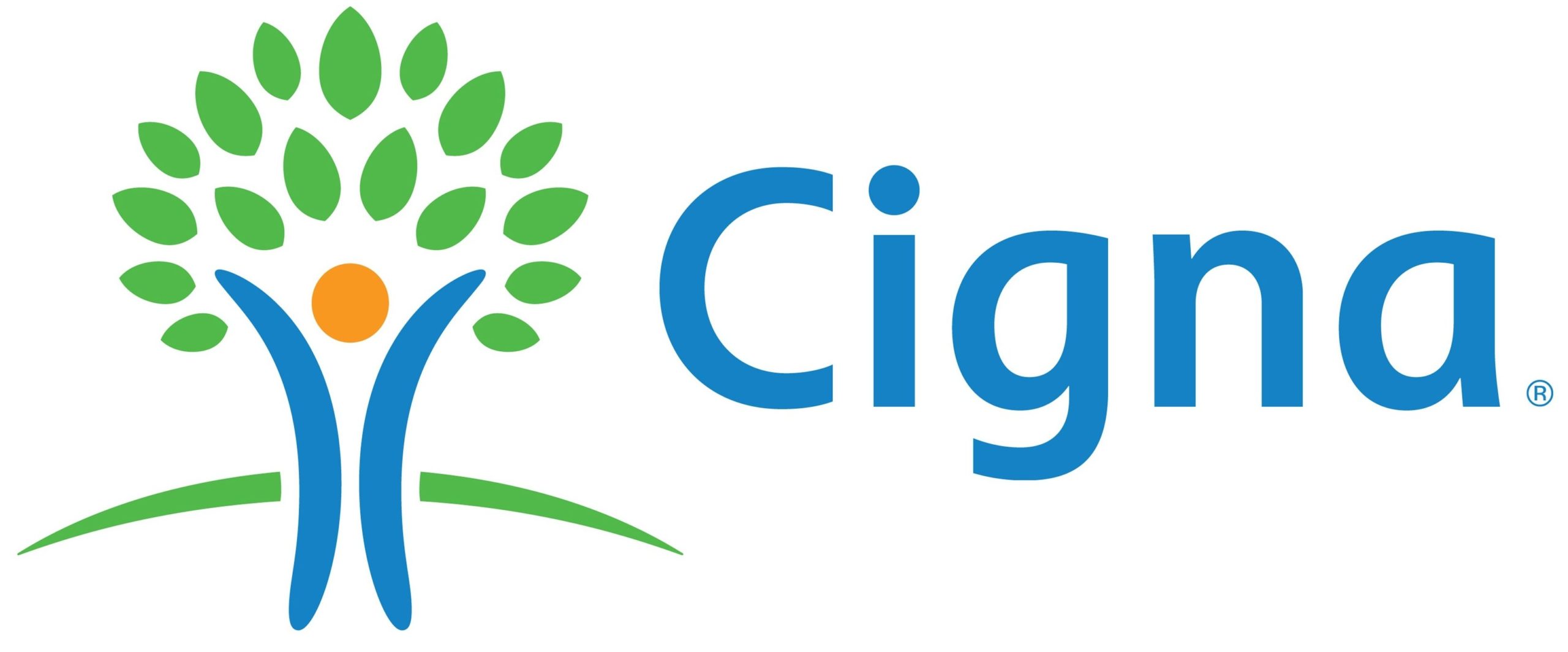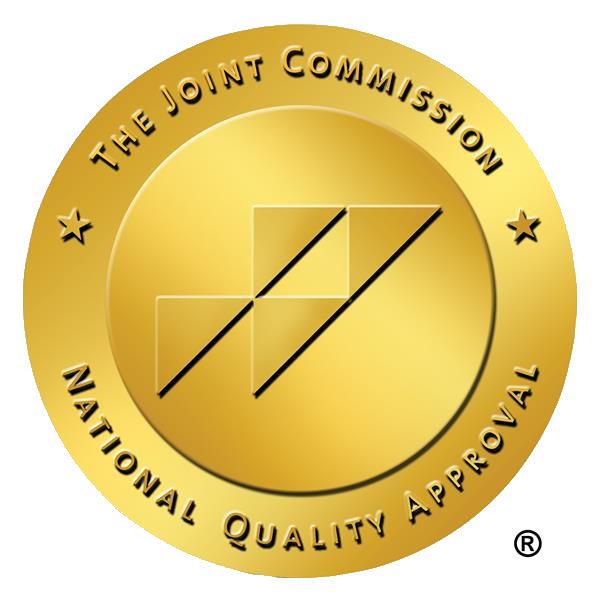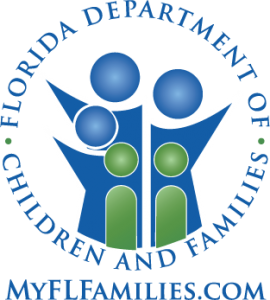Cannabis Addiction Treatment
Cannabis, also known as marijuana, weed, pot, bud, and among other slang terms, is the most commonly used illicit drug in the U.S. Get effective marijuana addiction treatment.
Many people believe that marijuana isn’t addictive and that it’s simply a gateway drug that encourages users to seek out something stronger. The fact of the matter is that anywhere from 10% to 33% of marijuana users develop something called marijuana use disorder.
Someone with marijuana use disorder develops a physical, mental, and psychological dependence on cannabis, making it just as hard to quit as any other controlled substance.
Marijuana addiction is real, and seeking treatment for it can be intimidating. But don’t worry, we’re here to help. In this guide, we’ll cover the basics of cannabis abuse and addiction, when to seek help, and cannabis addiction treatment center options.
What is Marijuana Addiction Treatment?
Because cannabis addiction is a form of drug addiction, it’s essential to seek treatment if you’re struggling or finding yourself dependent on the effects of marijuana to get you through the day. Marijuana addiction treatment comes primarily in the form of therapy.
The most important thing to keep in mind in marijuana addiction treatment is that you are treating the mental aspect of the addiction. Cognitive-behavioral therapy has been incredibly effective because it seeks to get to the root of your addiction and treat it rather than focus on physical effects.
Group therapy and support groups have also been effective in helping people overcome their addiction to cannabis.
Is Marijuana Truly Addictive?
Contrary to popular belief, marijuana can be addictive for some people, especially adolescents, teens, and young adults. Studies have shown that teens who use marijuana are at the highest risk for developing an addiction to the drug.
Marijuana contains a compound called tetrahydrocannabinol (THC). THC is a psychoactive chemical linked to several different mental health issues, including anxiety, depression, and psychosis.
According to the National Institute on Drug Abuse (NIDA), THC’s chemical structure is similar to a chemical already produced in your brain called anandamide. When marijuana is smoked or consumed, THC binds to cannabinoid receptors in the brain and releases dopamine, which disrupts normal brain function.
The intense feeling of relaxation and pleasure from the dopamine release quickly becomes addictive, especially to brains that aren’t fully developed.
At What Point Does Marijuana Use Require Intervention?
Just like with any other substance use disorder, a person requires intervention from marijuana abuse when the drug is interrupting normal daily functions. Some examples of this could be:
- Spending mass amounts of money on marijuana
- Needing to smoke to feel “normal”
- The inability to stop using
- Craving marijuana
- Using the drug even when it is causing issues in your personal life
- Skipping important tasks or appointments to use marijuana
- Developing a tolerance
- Having marijuana withdrawal symptoms
Marijuana has serious consequences, especially for long-term users. Inhaling marijuana smoke has the same effects as inhaling tobacco smoke. Marijuana smokers are at a higher-than-normal risk of developing chronic respiratory problems.
Many of the severe side effects of cannabis use disorder are psychological. Chronic marijuana users are much more likely to experience depression, psychosis, hallucinations, anxiety, paranoia, and other psychiatric disorders than those who don’t use marijuana.
Treating a Marijuana Addiction
Marijuana addiction can be treated similarly to any other substance abuse problem. There are both inpatient and outpatient treatment options available to help those struggling with an addiction.
The detoxification process for marijuana is much milder than with other substances like opioids/opiates. It’s still important to go through detox so that you can rid your body of THC and focus on healing your addiction.
Once you’ve detoxed, you can continue your treatment plan either inpatient or outpatient. With inpatient marijuana addiction treatment, healthcare providers constantly monitor you, and you have access to therapy and group therapy within the treatment center.
With outpatient treatment, you can seek out therapy and support groups to help you stay clean from marijuana.
Give us a call anytime day or night:
Give us a call anytime day or night:
